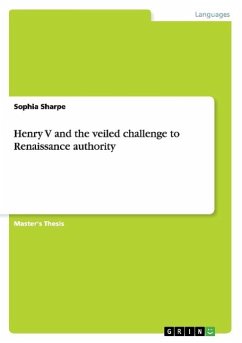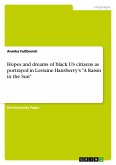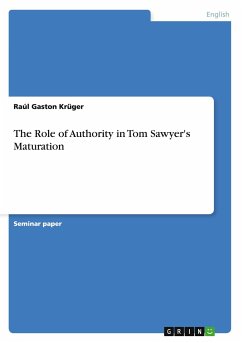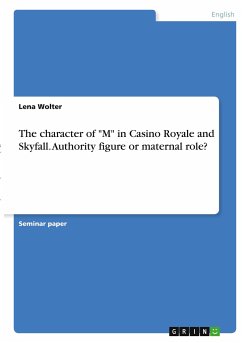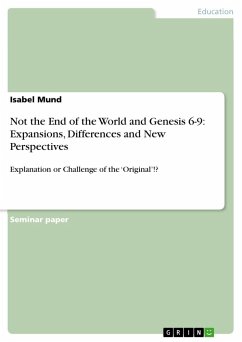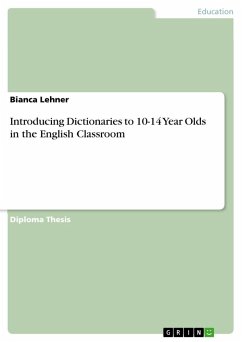Master's Thesis from the year 2013 in the subject English - Literature, Works, grade: Distinction, The Open University, course: M.A. English, language: English, abstract: This dissertation examines how Henry V cannot exist solely as a patriotic representation of the 'star of England' (Henry V, Epilogue, 6). Drawing on the theories of Stephen Greenblatt and Jonathon Dollimore, it argues that there is radical ambivalence in the text, in Henry's character and in the war that he invokes against France. Shakespeare offers the astute reader the opportunity to distinguish between true adherence to idealism and the supposed external adherence to it, in Henry V he exposes the rulers who espouse it and other grand concepts yet still steep themselves in blood. The play's mode of presentation is therefore used by Shakespeare as a carefully planned strategy, rather than mere historical homage. The play is not simply a reflection of the nationalist fervour which suffused England in 1599, it is a text whereby subversive perceptions of that complex and dangerous new world are voiced but also constrained.The first chapter examines the veiled challenge to Renaissance authority, seen in the way that Shakespeare recognises Henry's duplicitous journey from youthful imperfection as the wastrel Prince Hal in Henry IV, Part I and Henry IV, Part II. It suggests that a knowing, dispassionate artificiality was always present in Henry and that this implies Shakespeare's rebellion against Renaissance ideals. The second chapter looks at Henry V and shows Henry's transformation, seemingly absolute and fashioned by monarchist pride but, at the same time, it is clear that the covert rebellion against Elizabethan rule offered by Shakespeare challenges orthodoxy. It is shown in the disruptive power of the scenes at Harfleur where the reader is tempted to draw parallels between Henry V and Milton's Satan in Paradise Lost. The third chapter deals with the ending of the play and Henry's 'wooing' of Katherine, an episode which effectively works to erase the cult of beauty and romance so espoused by Renaissance society. The conclusion suggests that the language of the Henry plays seems to be saturated by diverse, covert political persuasion as well as the drama of war and the beauty of aesthetics. Therefore, Shakespeare's ideal reader is not one who sees in Henry V the reflection of a historical or political context alone, although, for Shakespeare, it seems that the dramatic poetry of the plays is inseparable from its historical and social conditions. Rather, they are perhaps one who allows himself to remain divided between these two, distinct approaches.
Hinweis: Dieser Artikel kann nur an eine deutsche Lieferadresse ausgeliefert werden.
Hinweis: Dieser Artikel kann nur an eine deutsche Lieferadresse ausgeliefert werden.

